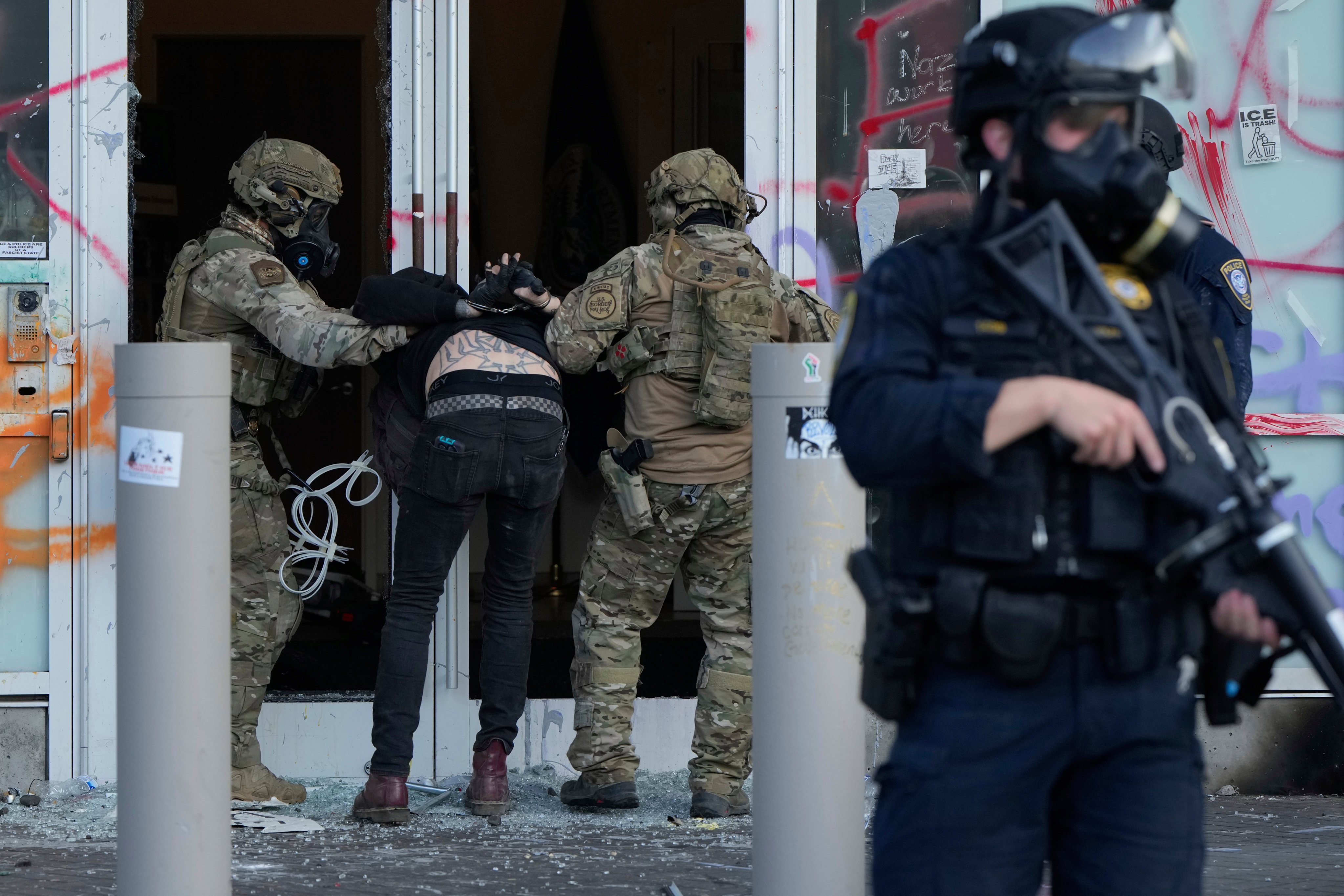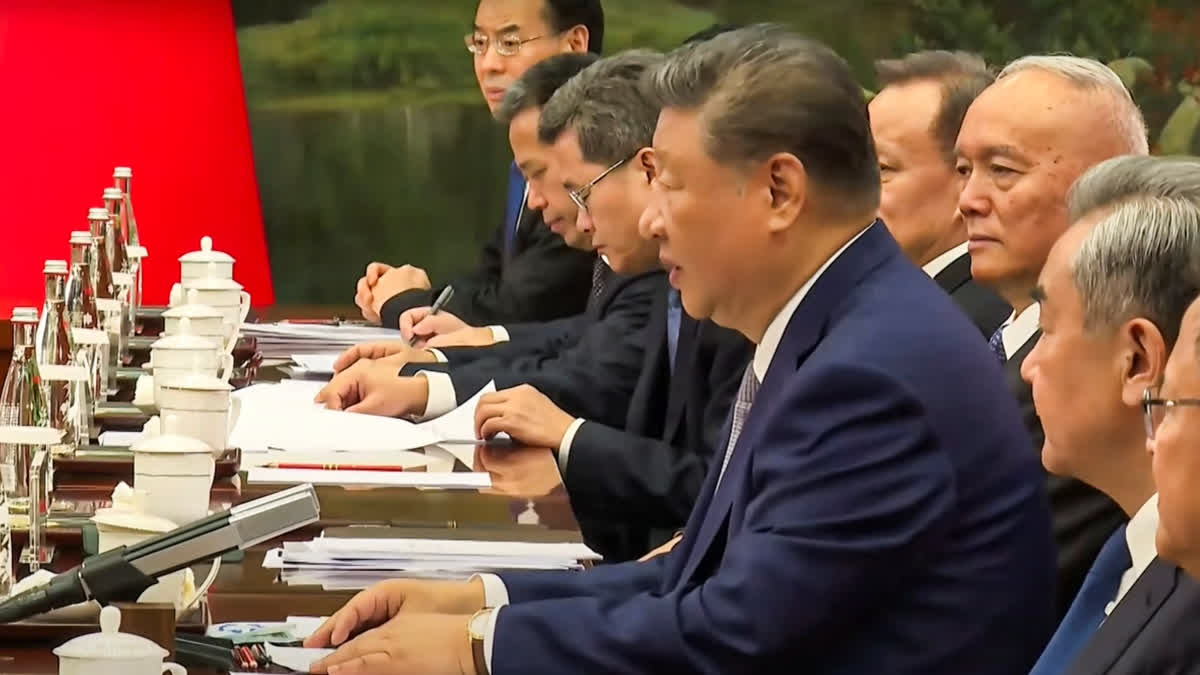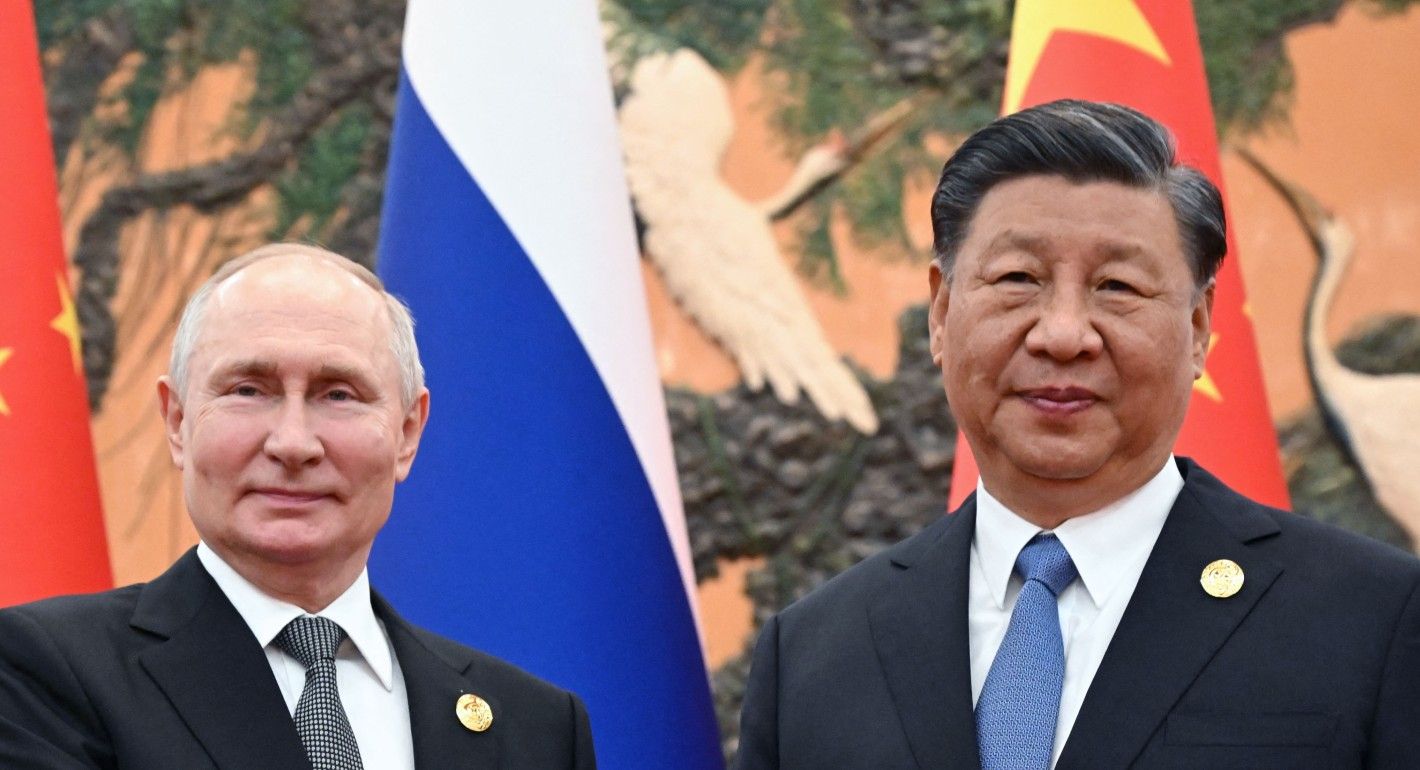Across France, widespread strikes organized by major unions are sending a strong message against government austerity measures, placing significant pressure on President Emmanuel Macron’s administration. Workers from multiple sectors have taken to the streets, highlighting grievances over pensions, wages, and public spending cuts.
The protests reflect deep-seated frustration with policies perceived to disproportionately affect ordinary citizens while safeguarding economic interests and state finances. Public sector employees, transport workers, teachers, and healthcare professionals have led demonstrations in key cities, including Paris, Lyon, Marseille, and Bordeaux, signaling broad support for the unions’ demands. These strikes coincide with heightened debates about economic inequality, labor rights, and social justice in France.
The origins of the turmoil
La reciente serie de acciones industriales surge a partir de los planes del gobierno para poner en práctica medidas de austeridad con el objetivo de disminuir la deuda pública y controlar el gasto estatal. Las reformas propuestas en los sistemas de pensiones, beneficios del sector público y servicios sociales han provocado un gran descontento. Numerosos sindicatos sostienen que estas medidas ponen en peligro el sustento de las personas, afectan desproporcionadamente a los trabajadores de bajos ingresos y debilitan las protecciones sociales que han sido características del sistema de bienestar francés.
Economic challenges, such as inflation and the increasing cost of living, have heightened public discontent. Employees believe that austerity measures worsen financial burdens, fostering a climate where strikes and demonstrations are viewed as essential methods to safeguard economic stability. Experts point out that the tradition of labor activism in France is crucial in molding public reactions, as unions utilize strikes as a strong form of negotiation and societal impact.
Macron’s government has emphasized the need for fiscal responsibility, arguing that reforms are essential to ensure long-term economic stability. However, critics contend that austerity measures risk deepening social inequalities and eroding public trust in institutions. The tension between fiscal prudence and social equity has created a complex policy landscape, making compromise both politically and economically challenging.
Scope and impact of the strikes
The strikes have affected a wide range of services, from public transportation and education to healthcare and municipal operations. Airports, rail networks, and urban transit systems have experienced delays and closures, while hospitals report disruptions in routine care. Schools have faced closures or limited operations, leaving families scrambling for alternatives, and public offices have seen reduced availability, affecting administrative processes.
Apart from causing logistical disturbances, the strikes symbolize a united determination, showcasing the unions’ capacity to rally significant portions of the labor force. Demonstrations, speeches to the public, and media efforts enhance the message, drawing global attention and emphasizing public discontent with government actions. Experts caution that extended strikes may have immediate economic impacts, but unions contend that these actions are essential to encourage a serious re-evaluation of policies.
Political implications and Macron’s response
President Macron faces a delicate balancing act as the protests intensify. His administration must navigate public demands, union negotiations, and broader economic objectives while maintaining political legitimacy. A failure to address grievances could erode public confidence, while concessions risk criticism from economic advisors and fiscal conservatives who advocate for strict budgetary discipline.
Macron’s earlier experiences facing public demonstrations, like the Yellow Vest protests, shed light on his strategy. The administration has traditionally employed a mix of dialogue and targeted enforcement actions, attempting to tackle certain issues while not completely giving up on wider reform goals. Within this framework, the present strikes serve as both a challenge in labor relations and an assessment of political leadership and the capacity to balance economic and social priorities.
Union leaders stress that the demonstrations transcend short-term policy changes; they portray the movement as a safeguarding of social unity and entrenched rights. This wider message strikes a chord with citizens who view economic disparity as an ongoing problem, underlining the intersection of labor rights advocacy, civic involvement, and governmental policy. Macron’s management of the scenario might impact domestic sentiment and France’s position within Europe, where economic balance and social unity are under close observation.
Wider social and economic background
The protests are taking place amid worldwide economic instability, increasing inflation, and growing worries about the long-term viability of social welfare systems. People are voicing their dissatisfaction with unchanging salaries, the rising cost of living, and the perceived lack of governmental response to these difficulties. In such a setting, labor movements have become an essential way to express dissatisfaction and push for changes in policy.
Economic experts observe that although austerity could improve governmental budgets, it might also reduce local spending, lower the spirits of public sector workers, and ignite social disorder. Labor strikes and protests act as negotiation tactics and as ways to express community priorities, highlighting the intricate connection between fiscal strategies and public opinion. In France, where labor movements have traditionally influenced laws and societal standards, union involvement still holds a crucial position in affecting policy discussions.
The ongoing mobilization highlights the dynamics between different age groups and regions. More young employees and students are joining forces with long-standing unions, infusing the protests with new vigor and attention. Regional inequalities, such as variations in living expenses, job prospects, and access to public services, additionally shape the breadth and fervor of the protests. These aspects together heighten the urgency of the strikes and the challenges facing the Macron administration.
A challenging period of transition
The result of these strikes will probably hinge on current discussions, the government’s readiness to amend policies, and the unions’ capacity to keep up the pressure. Macron’s government confronts the task of aligning financial reforms with societal expectations, making sure that actions are viable while also addressing public needs. Reaching agreements, effective communication, and prompt actions will be crucial in handling both the immediate disturbances and the future effects on social unity.
For observers and citizens alike, the unfolding events highlight the enduring power of collective action in shaping policy and influencing governance. As France navigates this period of unrest, the interplay between economic strategy, labor rights, and public sentiment will continue to define both the political landscape and the broader discourse on social justice and fiscal responsibility. The resolution of these protests will provide valuable insights into the evolving dynamics of labor relations, government policy, and citizen engagement in a rapidly changing economic environment.






